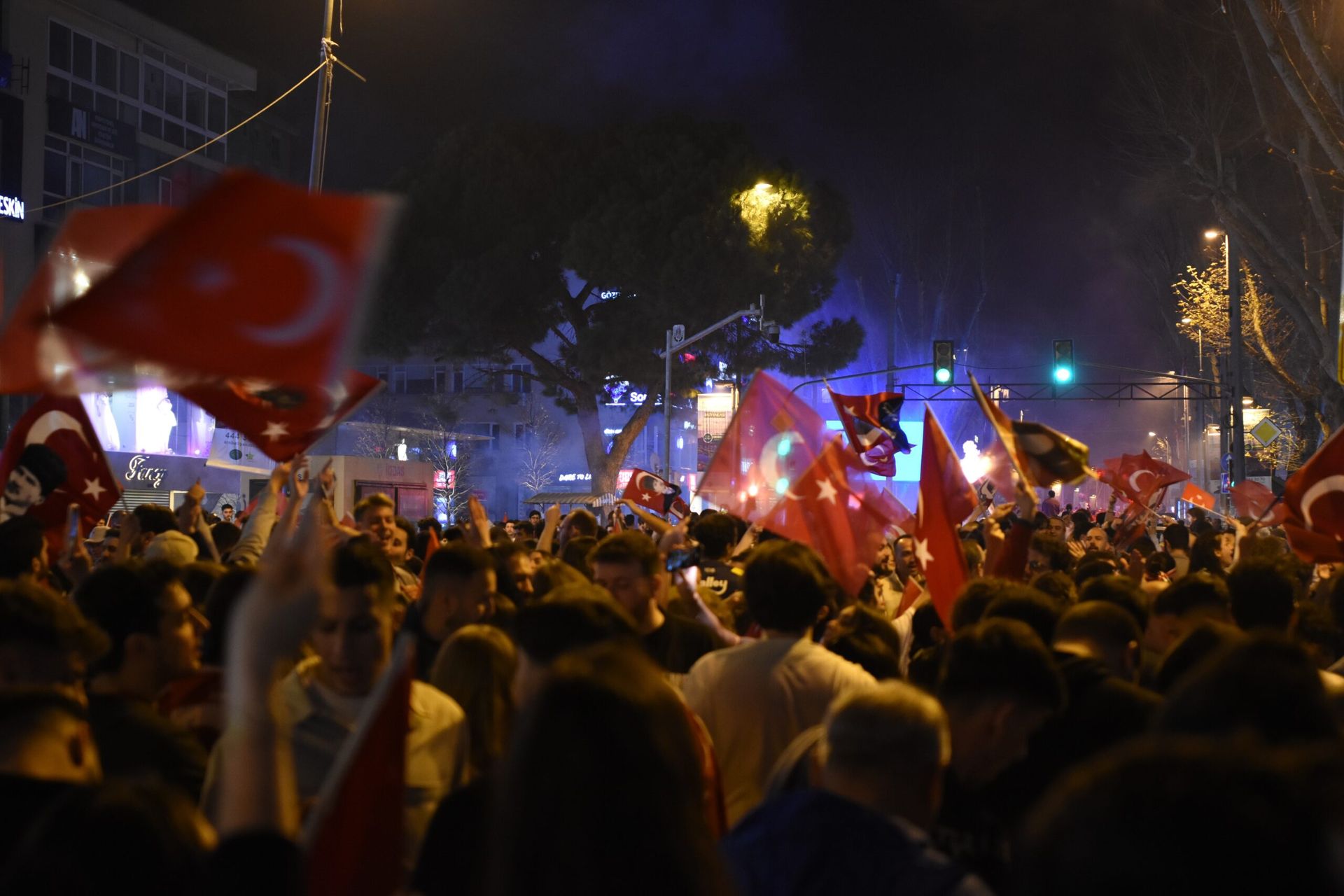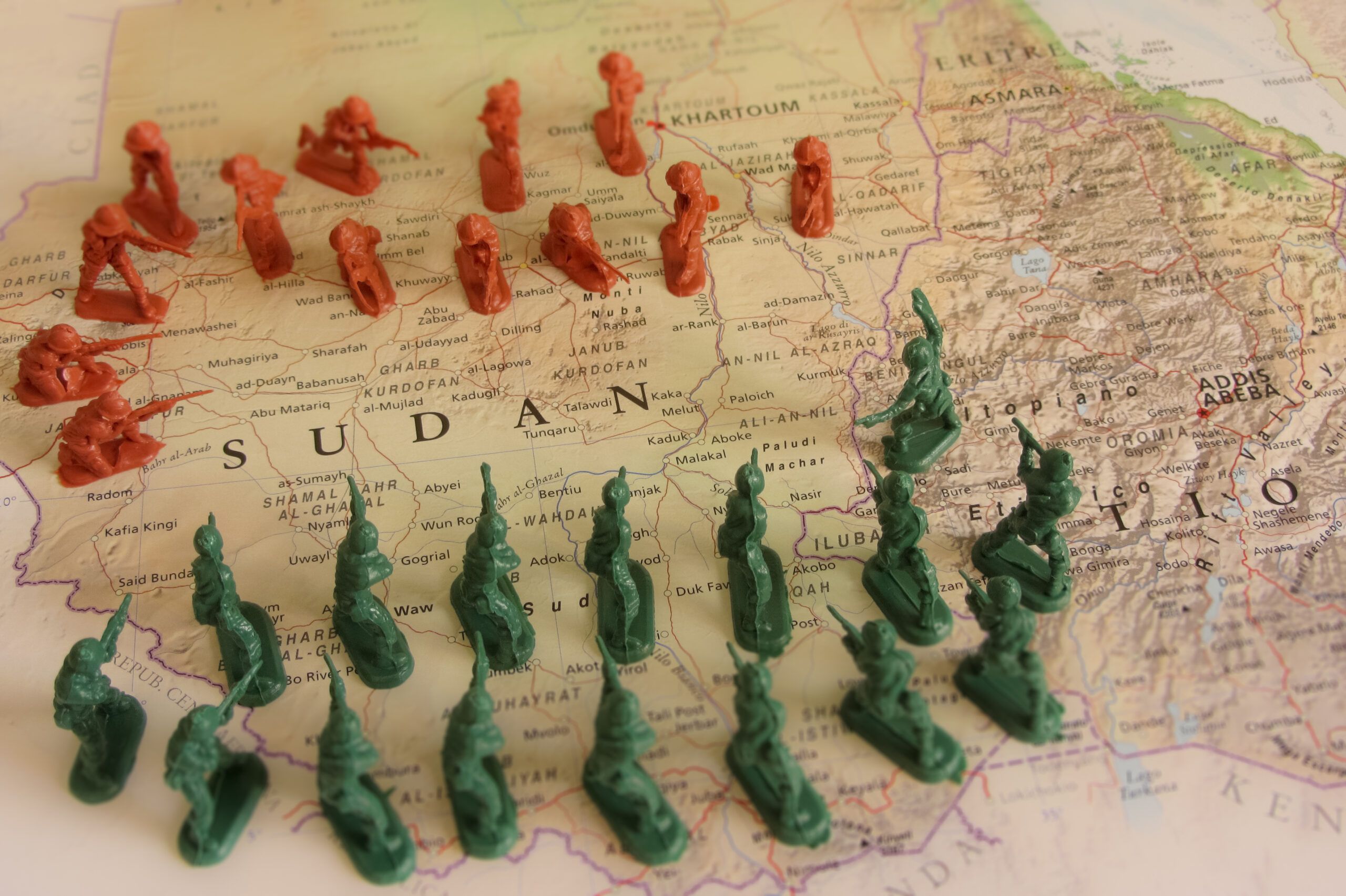İmamoğlu’s Arrest Deepens Political Fault Lines in Turkey

The arrest of Istanbul Mayor Ekrem İmamoğlu on March 19, 2025, has ignited one of the most significant political confrontations in recent Turkish history. The detainment of the high-profile opposition figure and potential presidential candidate has prompted widespread protests, deepened polarization between government and opposition forces, and triggered strong international reactions. The case, laden with legal, political, and economic implications, has also exposed sharply divergent narratives across Turkey’s media landscape.
According to AP News and Reuters, İmamoğlu was taken into custody along with more than 100 individuals, including senior municipal officials, journalists, and business figures. The Istanbul Chief Public Prosecutor’s Office accuses him of leading a criminal network embedded in Istanbul’s municipal structure, allegedly engaging in bribery, corruption, money laundering, and collaboration with the outlawed Kurdistan Workers’ Party (PKK). One day prior to the arrest, The Guardian report that Istanbul University annulled İmamoğlu’s university degree due to unspecified irregularities—effectively disqualifying him from future presidential candidacy. The timing of this revocation, coming just as the opposition was preparing to formally nominate him, has raised suspicions of political intent.
The arrest immediately sparked street protests. Reuters and local sources note that large crowds gathered outside police headquarters in Istanbul, chanting slogans in support of İmamoğlu and accusing the government of orchestrating a political purge. Despite a four-day ban on public gatherings imposed by the Istanbul Governor’s Office, protests have persisted, and riot police have deployed water cannons and established barricades around key locations.
International organizations have voiced alarm. Amnesty International’s Dinushika Dissanayake described the actions as “draconian,” warning of growing authoritarianism. As reported by Wikipedia, international observers view the arrest as emblematic of democratic regression, particularly in the context of intensified crackdowns on dissent.
Financial markets reacted swiftly. Wikipedia data shows the Turkish lira fell by 14.5% against the US dollar, while the BIST 100 index dropped 8.72%. A sharp decline was also recorded in Turkey’s 2045-maturity dollar bond. These market shifts reflect rising investor anxiety about Turkey’s political trajectory.
The government, meanwhile, insists that the judiciary is acting independently and that İmamoğlu’s arrest is grounded in substantial evidence. Reuters highlights official statements rejecting allegations of political interference and underscoring the legal merits of the charges.
Media Narratives
Turkey’s media has reported the developments through distinctly polarized lenses. The pro-government daily Sabah has framed İmamoğlu as the mastermind of a large-scale corruption network. According to Sabah, İmamoğlu directed a criminal operation through a “shadow cabinet” involving senior municipal figures, with funds allegedly funneled into political manipulation within the CHP. The newspaper claims these illicit operations extended to the misuse of personal data via municipal applications, and that a parallel financial structure managed bribes, ghost tenders, and zoning irregularities. Sabah connects these allegations to internal fractures within the CHP, citing its upcoming extraordinary congress as a crisis response.
Similarly, Hürriyet and Milliyet—both owned by the Demirören Group—have reported on the scale and legal complexity of the investigation while reinforcing the state narrative. Milliyet places emphasis on financial crime evidence and cites a MASAK report detailing illicit transactions, including suspicious tenders awarded to shell companies. It also refers to leaked audio recordings in which municipal aides allegedly discussed using citizen data for political purposes.
In contrast, the independent outlet T24 offers a cautiously critical perspective. It highlights the unprecedented nature of the mass detentions and notes the annulment of İmamoğlu’s academic credentials as a potential political maneuver. T24 gives voice to opposition leaders who describe the arrest as a “judicial coup” and points to broader efforts to curtail political competition through legal mechanisms. The platform also documents a wave of social media arrests and suggests that a government-appointed trustee may replace İmamoğlu—mirroring past interventions in opposition-held municipalities.
The Demirören News Agency (DHA) has focused narrowly on procedural aspects, reporting İmamoğlu’s ongoing testimony and detailing the charges without editorial commentary. Its coverage mirrors that of Hürriyet and Milliyet, reinforcing a state-centric view of events without referencing public backlash or opposition responses.
As the legal process continues, Turkey finds itself at a critical juncture. The arrest of one of the country’s most prominent opposition figures has become a litmus test for institutional integrity, rule of law, and the resilience of democratic norms. The divergence in media narratives underscores the broader contest over truth and legitimacy in an increasingly polarized political environment.
More from the author


